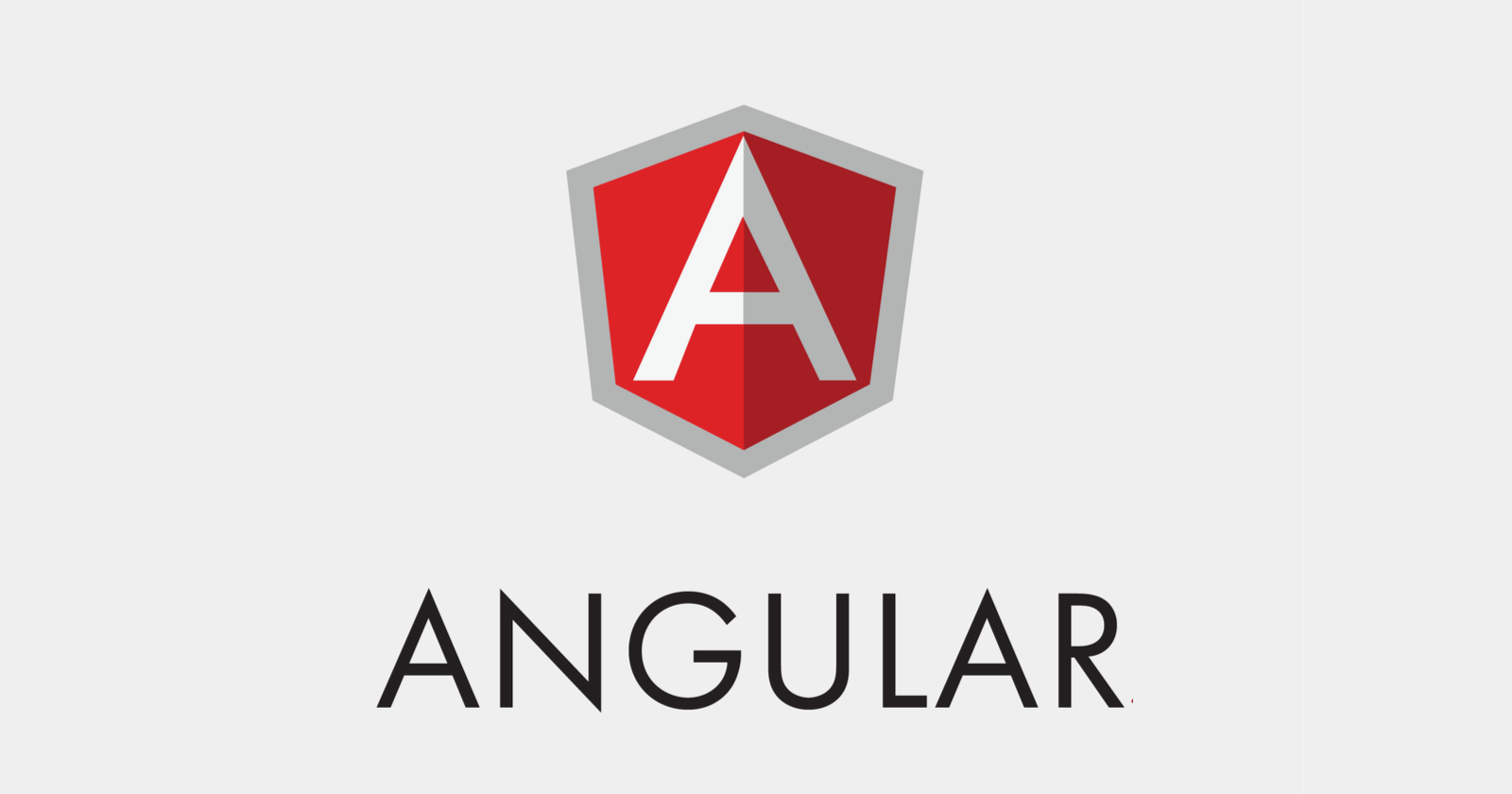Angular JS Course Roadmap
AngularJS had already achieved its end-of-life and was no longer receiving active development and maintenance as of my most recent update in September 2021. There might not be any more official courses that are exclusively AngularJS-focused after that.
However, there are many resources accessible if you're interested in learning Angular (Angular 2+ and beyond), the contemporary replacement for AngularJS. Here is a general learning path for Angular:
1. Basic Web Development: It's crucial to have a firm understanding of web development technologies like HTML, CSS, and JavaScript before getting into Angular. Consider taking beginner web development courses initially if you are unfamiliar with these concepts.
2. JavaScript and TypeScript: TypeScript, a superset of JavaScript, is used in the construction of Angular. So it's important to grasp JavaScript. Additionally, TypeScript strengthens and improves the maintainability of Angular by adding static typing to JavaScript. Spend some time learning TypeScript, too.
3. Official Angular Documentation: The official Angular documentation is available at https://angular.io/docs and is a great place to start. It offers a thorough and in-depth explanation of the ideas, architecture, and functionality of Angular. It covers everything, including how to build up a new project and more complex subjects like routing and observables.
4. Online Courses and Tutorials: There are numerous online learning sites that provide Angular courses and tutorials. To help you retain the information, these courses frequently include practical assignments and activities. Udemy, Pluralsight, Coursera, and Codecademy are a few well-known websites featuring Angular classes.
5. Books and eBooks: Angular is covered in a sizable number of books and eBooks. In order to get the most out of your learning experience, look for books with positive reviews and current information.
6. You can find a tonne of free Angular tutorials, hints, and guidelines on tech blogs and YouTube channels. To keep up with the most recent Angular innovations and best practices, follow reliable sources.
7. Join the Angular community on websites like Stack Overflow, Reddit (r/angular), and the official Angular Google Group. A fantastic method to learn from others and solve problems that come up frequently is by asking questions and taking part in discussions.
8. Projects & Practise: Using Angular to construct real-world projects is the greatest way to solidify your understanding. Start with simple applications and progress to more complicated ones over time. You will obtain practical experience and demonstrate your abilities to potential employers by working on projects.
Remember that as technology advances, new learning resources can become accessible. To guarantee you are learning the most recent version of Angular or any other technology you are interested in, always look for the most recent and up-to-date resources.

Comments
Post a Comment